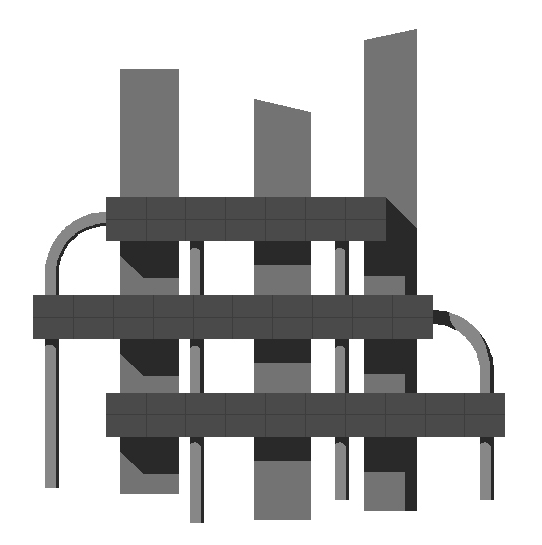 |
Docente/i:
Gianmario Motta
Denominazione del corso: Business analysis and service design - mod. A
Codice del corso: 506577
Corso di laurea: Computer Engeneering
Sede: Pavia
Settore scientifico disciplinare: ING-INF/05
L'insegnamento è caratterizzante per: Computer Engeneering
Crediti formativi: CFU 6
Sito web del corso: n.d.
Obiettivi formativi specifici
This module provides concepts and techniques for modelling, assessing and designing business processes (BP). At the end of the course, students will have a good command of the techniques for BP analysis. The course is based on an active approach, where students develop three assignments, respectively on BP modeling, mapping, and engineering, that reflect the corresponding parts of the module.
Programma del corso
PART A1 – Modelling Business Process (BP)
How the analyst can model the business processes (BPs) of an organization. This part intends to provide a set of techniques that enable the analyst to describe the BPs at different abstraction levels and perspectives. The main subject include:
- Definition of Business Process (BP): the CRASO paradigm, BP and elementary activity
- Modeling of BPs:
- Narrative models and requirements,
- Hierarchical models,
- Flow Models
- BPMN
- UML EP extension: Activity Diagrams, Assembly Lines, Use Case Diagrams, Jacobson’s Scenario
- Overview of other graphical languages: EPC, IDEF etc.
PART A2 – Mapping and assessing Business Processes (BP) in enterprises.
This part intends to provide a framework that assists the analyst to identify an profile the main BPs of an enterprise. The main subjects include:
- Overall Enterprise Mapping models
- Support and Primary BPs in the enterprise
- Enterprise BP frameworks: GEF (General Enterprise Framework), SCOR (Supply Chain Operations Reference model), eTOM (enhanced Telecommunications Operations Model)
PART A3 – Engineering and innovating Business Processes (BP).
This part intends to provide a framework that supports a balanced design of BPs. The framework is based on Galbraith’s star model, where the BP is designed consistently with enterprise’s strategy, organization structure, skill and competences, control and reward system, and IT. The design method performs an as-is / to-be analysis, where the current configuration of each design element is compared versus its ideal configuration. The main subjects of this part include:
- The Galbraith’s organization design model
- A set of lecture on each design element, namely:
- Analysis of company’s strategy and business model
- Tools and documentation for the analysis of BP activities
- Tools and documentation for the analysis of the organization structure (macro-structure, micro-structure, Business Process Ownership)
- Tools and documentation for the analysis of skills and competences
- Tools and documentation for the analysis of the control and reward system
- Analysis of IT support
Approaches to redesign the BP: Department oriented, Process oriented, Stakeholder oriented
Prerequisiti
Foundations on Organization Theory and a general familiarity with Information Requirements Analysis would help
Tipologia delle attività formative
Lezioni (ore/anno in aula): 45
Esercitazioni (ore/anno in aula): 0
Attività pratiche (ore/anno in aula): 0
Materiale didattico consigliato
Hefley & Murphy. Service Science, Management and Engineering. Springer 2008.
Journal readings.
Modalità di verifica dell'apprendimento
Students develop a project work under the supervision of the course teacher, in which they use the techniques that have been taught. The final mark sums: 1. team work (written document) 2. individual discussion of team work. 3. individual oral examination on foundations.
|




![]()




![]()